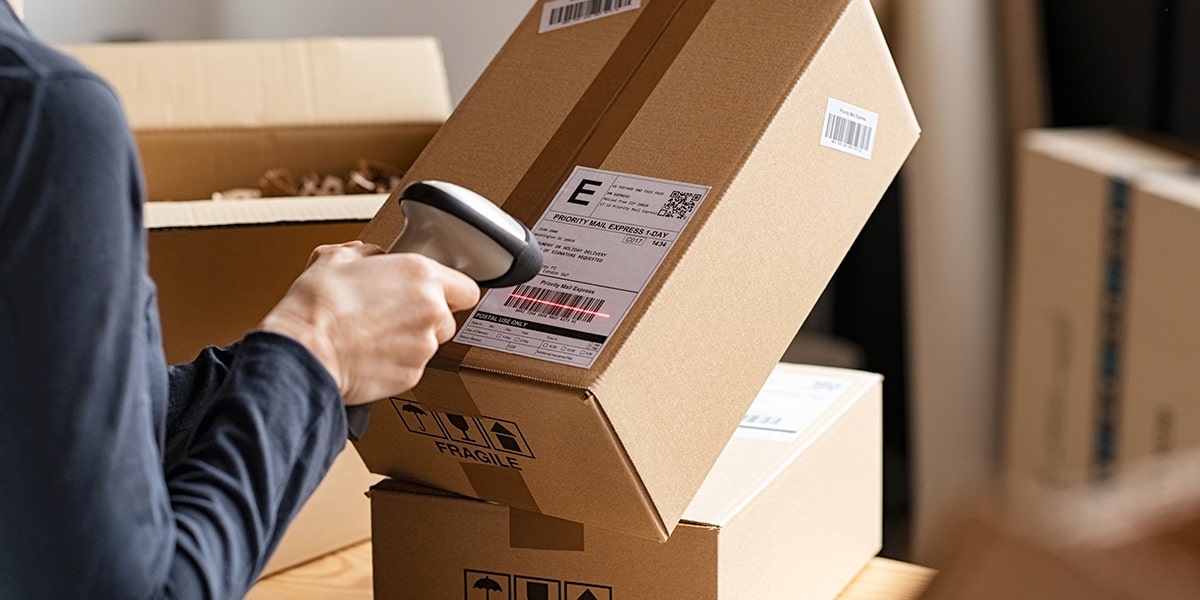QR Code Functionality Testing on Packaging
The implementation of QR codes in packaging has revolutionized product identification and consumer engagement. QR codes are not only a means to direct users to additional information but also serve as a compliance tool for regulatory adherence. In the context of consumer products, ensuring that QR codes function correctly is critical for maintaining brand reputation and compliance with international standards.
QR code functionality testing on packaging involves verifying that these codes can be accurately scanned by standard readers, leading consumers to the intended content without any issues. This service ensures not only the technical accuracy but also the reliability of the information presented through QR codes. The test includes several steps: preparation of the packaging materials with QR codes, scanning using industry-standard equipment, and verification against expected results.
For consumer products, QR code testing is essential for ensuring that product safety and compliance are met. For instance, in the pharmaceutical sector, QR codes on packaging must link to verified information about the drug’s ingredients, expiration date, and usage instructions. Similarly, in electronics, QR codes should direct consumers to detailed user manuals or troubleshooting guides.
Testing QR code functionality also involves ensuring that the code is resistant to environmental factors such as moisture, heat, and abrasion. This is crucial for products that will be exposed to various conditions during storage and distribution. In addition, it ensures that the information linked through the QR code remains accurate over time.
The importance of QR code functionality testing cannot be overstated in today’s digital age. Consumers expect quick, reliable access to product information, and brands must meet these expectations while ensuring compliance with relevant regulations. This service not only helps in meeting regulatory requirements but also enhances consumer trust and satisfaction.
Scope and Methodology
The scope of QR code functionality testing on packaging encompasses several critical aspects to ensure the reliability and accuracy of these codes. The methodology involves detailed preparation, scanning, and verification processes:
- Preparation: Packaging materials are prepared with QR codes that link to the intended content.
- Scanning: Standard barcode scanners or smartphones equipped with compatible software are used to scan the QR codes.
- Verification: The scanned data is compared against expected results, ensuring accuracy and reliability.
| Aspect | Description |
|---|---|
| Scanning Equipment | Industry-standard barcode scanners or smartphones with compatible software. |
| Data Accuracy | Verification of scanned data against expected results. |
| Environmental Factors | Testing for resistance to moisture, heat, and abrasion. |
| Aspect | Description |
|---|---|
| Regulatory Compliance | Ensuring QR codes comply with relevant standards like ISO/IEC 18004:2017. |
| User Experience | Evaluating the ease of scanning and readability on different devices. |
| Content Accuracy | Verifying that linked content is accurate, up-to-date, and relevant. |
Customer Impact and Satisfaction
By ensuring the functionality of QR codes on packaging, this service directly impacts customer satisfaction and brand reputation. Consumers expect seamless access to product information when they scan a QR code. Any malfunction can lead to frustration and mistrust in the brand.
For quality managers and compliance officers, this service provides assurance that all regulatory requirements are met, thereby reducing the risk of non-compliance penalties. R&D engineers benefit from identifying potential issues early in the development process, allowing for timely corrections. Procurement teams can ensure that suppliers meet high standards, leading to consistent product quality.
Customer satisfaction is enhanced by reliable QR code functionality, which ensures that consumers receive accurate and relevant information about products. This not only improves customer experience but also fosters brand loyalty. The service helps in maintaining a positive reputation, which is crucial for long-term business success.
International Acceptance and Recognition
The QR code functionality testing on packaging has gained international recognition due to its importance in global markets. Several countries have adopted standards that mandate or recommend the use of QR codes for various products:
- United States: FDA guidelines recommend the use of QR codes for drug information.
- European Union: EU regulations encourage the use of QR codes for product traceability and safety data sheets.
- Japan: The QR Code Association provides standards for the implementation of QR codes in packaging.
The acceptance of QR code functionality testing is further supported by international standards such as ISO/IEC 18004:2017, which sets guidelines for the encoding and decoding of QR codes. Compliance with these standards ensures that products meet global requirements and are accepted in various markets.





